Statement
The company is committed to sustainable development through its Sustainability Champion, the Quality & Safety Manager. This means making the necessary decisions now to realise our vision of stimulating new business and increasing profitability, maximising wellbeing and protecting our environment, without affecting the ability of future generations to do the same.
The company takes account of sustainable development as a part of how we develop our policies, how we run our building, vehicles and facilities and how we buy and sell our goods and services. Goods and services will be purchased locally to the specified area of operation wherever possible to reduce the impact of unnecessary travelling.
All employees, contractors and delivery partners are responsible for making sure that their own activities contribute to sustainable development as outlined in Mainstreams Sustainable Development Plan (Annex A).
All employees, contractors, learners and delivery partners must where possible reduce the impact to the environment caused by work and training activities. This is a duty of care is borne by all to ensure the sustainability of the company and environment for future employees and generations respectively.
Mainstream recognises the potential negative impact that our development and training activities may have and the positive benefits that we can make as a community through the effective management of waste production. This will formulate Mainstreams ongoing baseline measuring and future benchmarking (ANNEX B).
Aim
Mainstream’s aim is to ensure it causes minimal impact on the environment and to monitor and lower where possible any impact made. Training and other services provided create waste and use valuable resources (direct effect). These are countered by Mainstream’s policy on regulating, motivating and raising awareness.
Mainstream recognises its impact and is fully committed to providing protection and where possible improvements for future generations. Mainstream’s decision – making process sets clear objectives in its aim to achieve continuous improvements.
In all its activities Mainstream will;
- Ensure environmental legislation is complied with and fulfil our statutory environmental responsibilities.
- Reduce the use of natural resources, including energy in its own buildings, vehicles and in all other Mainstream activities.
- Avoid waste and encourage, through training – conservation, re-use and recycling of the Company’s products.
- Minimise or prevent environmental pollution from its actions and influence others to do the same. Where waste must be disposed, it must be disposed of in a responsible, legal and ethical manner.
- Reduce the need for movement of people, vehicles and goods.
- Where movement is necessary we encourage prior planning, car sharing, use of public transport, cycling and walking.
- Offer our services in a socially and environmentally – responsible manner.
- Promote understanding and environmental awareness through communication within the company and externally to others through our training services.
- Provide appropriate resources and the necessary training for staff to ensure they are able to fulfil their commitment to this policy.
Employees
It is the responsibility of all employees to understand, adhere to, promote and foster the ethos outlined within this policy to enhance the beneficial effects of operation. Although all departments have their own responsibilities, commitment of everyone to work as part of a team is one of the strengths on which Mainstream Group is founded.
The project manager reporting to the Managing director takes responsibility for the Sustainability Policy and Implementation Plan on the project.
All new employees will be inducted in the content contained within this policy. It is the responsibility of all Departmental Managers to ensure employees, contractors and delivery partners for whom they are responsible, understand any new or amended policies and the contents are communicated by them and adhered to.
The Directors, Department Heads and the Sustainability Champion will monitor the effectiveness of the Policies which may be changed from time to time to
- Ensure they are effective and
- Comply with current Legislation
Sub-Contractors
Sub-contractors and external providers delivering services and goods to or on behalf of Mainstream will be issued an electronic copy of this Sustainable Development policy for which a signed record will be held by the Training Director. When sub-contractors or external providers are delivering ESF and/or Enabling Progression in Entry Level Jobs in South East funded programmes they will be subject to review and/or monitoring of delivery. Mainstream expects that all Sub-contractors and external providers adhere to the guidance outlined within this policy and any legislative requirements at all times and report any issues immediately to their contract lead and/or sustainability champion.
Should a Sub-contractor and/or external provider fail to adhere to the guidance outlined within this policy then the right to work for or on behalf of Mainstream may be revoked, in the worst case. Each case will be investigated and judged on its own merit with the following remedial action/s or sanctions imposed:
- Suspension (removal of work for defined period)
- Curtailment (restrictions or conditions imposed on continued work)
- Revocation (removal of right to contract to Mainstream)
Mark Smith,
Managing Director
Implementation, Review & Monitoring
All delivery personnel either internal or external will be monitored periodically or at least twice per annum whilst delivering ESF and/or Enabling Progression in Entry Level Jobs in South East funded programmes. This will be recorded on the same paperwork outlined in QMS202 Internal Quality Assurance Procedures although plans and feedback paperwork may not be required. Where an under-performance is identified the expectations of Mainstream will be reiterated and confirmed with the individual concerned and/or the disciplinary process will be enacted should it be deemed applicable by the Training Director.
Objectives to this Policy
To reduce the impact upon the environment of Mainstreams operation.
1. Environmental Awareness
a) To promote the concept of sustainable development and individual accountability amongst staff and participants.
b) To conserve resources through an organisation-wide education programme.
c) To identify and promote opportunities for staff training in environmental matters.
d) To organise and/or support environmental awareness-raising events.
2. Environmental Initiatives
a) To establish environmental management procedures for activities that affect the Mainstreams’ impact on the environment.
b) To encourage staff suggestions on ways to improve practices which impact on the environment.
c) To identify specific responsibilities within job descriptions and contracts, which will support the delivery of Mainstreams’ Sustainable Development Policy.
3. Environmental Management
Commuting
Protecting the environment begins before you arrive at work or for training and can be enhanced through various methods of travel. Mainstreams aim is to reduce single occupancy car use and encourage more sustainable forms of travel.
There are a number of ways employees, contractors and delivery partners can travel sustainably. It may not always be the case that sustainable travel is either practical or indeed possible. Mainstream will however, always encourage the use of sustainable transport options which may include the following:
- Walking
- Cycling
- Car Sharing
- Low Carbon emission vehicles
- Trains
- Buses
- Effective workload management and routing to minimise car use
There are a number of benefits to travelling sustainably, including:
- Reduced cost to employees, learners, contractors travel, car parking etc.
- Efficient use of vehicle, i.e. Car share
- Reduce time staff spend travelling
- Happier more productive workforce
- Improve staff health
- Less congestion – reduced travel time
- Corporate Image – environmentally friendly status
- Better relationship with community – less parking issues, noise
- Provide transport facilities – employee relocation more accepted.
- Reducing your carbon footprint
- Aid business continuity planning (enabling home working) where practical
- Sourcing local training venues to reduce contractor, delivery partners and learner travel
Facilities
Mainstream House has been designed and constructed to ensure maximum efficiency. Employees and service providers are to ensure wherever possible that the efficiency, integrity or structure of the building isn’t compromised.
Blocks – The cellular structure of aircrete products ensures they offer excellent thermal insulation, so helping reduce the energy consumption of buildings, while also providing enhanced noise insulation.
Roof – roof lining reduces heat loss and enables the building to retain heat for longer, reducing energy consumption.
Windows – Double glazed windows not only add to the buildings aesthetics they play a crucial role in regulating the building temperature.
Employees, contractors and delivery partners have direct control upon the environmental impact and efficiency of Mainstream House and associated training equipment. Through the effective use of roller shutters, doors and windows the building, training and working environment can be controlled for the benefit of all and the environment. All are responsible for reducing the impact of operations upon the environment and all have a duty of care for and to the upkeep of the facilities.
Should any issues, damage or suggestions for improvement be discovered then the employee, learner, contractors and/or delivery partners must bring this to the attention of their contract lead and/or Sustainability Champion immediately.
Purchasing & Contracts
To support local markets, ethical, fair trade and socially responsible initiatives.
To include sustainable requirements in new contracts.
Water
Water is a valuable resource which is both limited and extremely expensive to produce. Employees, contractors and delivery partners have a duty of care to use water in a controlled and responsible way. The company provides facilities i.e. Toilets which conform to EU standards for water usage, these limits will only be met if the facilities are not abused. Where water is used ensure the use is to be limited to the minimum amount required.
Waste
All waste must be disposed of in the correct waste receptacle and only within approved bins owned or operated by Mainstream. Through controlling waste Mainstream is able to manage the disposal via approved waste carriers. There is a waste hierarchy practiced within Mainstream and this is to be applied by all working, training or contracting to or on behalf of Mainstream.
Prevention
Using less material in design and manufacture, keeping products longer and/or re-use where possible. Using less hazardous materials.
Preparing for Re-use
Checking, cleaning, repairing, refurbishing, whole items or spare parts.
Recycling
- Turning waste into new substances, articles or products. Includes composting if it meets quality protocols.
- To provide, wherever cost effective and practicable, means of collecting waste products which can be recycled.
- To encourage staff and participants responsible and active use of recycling opportunities through the segregation of waste.
Other Recovery
Includes anaerobic digestion (breakdown of organic material by micro-organisms), incineration with energy recovery and materials from waste such as back filling.
Disposal
Landfill and incineration without energy recovery.
This hierarchy must be applied at all times so the amount of waste being referred to landfill can be reduced.
Pollution
To take steps to prevent damage to public or ecological health where such materials are in essential use.
To use best current practice for handling hazardous waste.
Electrical Waste
Electrical and electronic equipment contain many substances that need to be disposed of in a controlled and managed manner. Although many harmful/hazardous manufacturing products have been banned for some years there is still a vast amount of controlled substances contained within electrical equipment.
All electrical waste is to be disposed of in line with The Waste Electrical and Electronic Equipment Regulations. Employees, contractors and delivery partners must dispose of their electrical equipment in a responsible manner and submit a certificate and/or confirmation of destruction to Mainstream upon completion of disposal.
As a Sub-Contractor I confirm I have read and understood the requirements outlined above and will comply at all times with this guidance whilst contracting to Mainstream. Should there be any misunderstanding in the future I will bring this to the attention of my contract lead.





